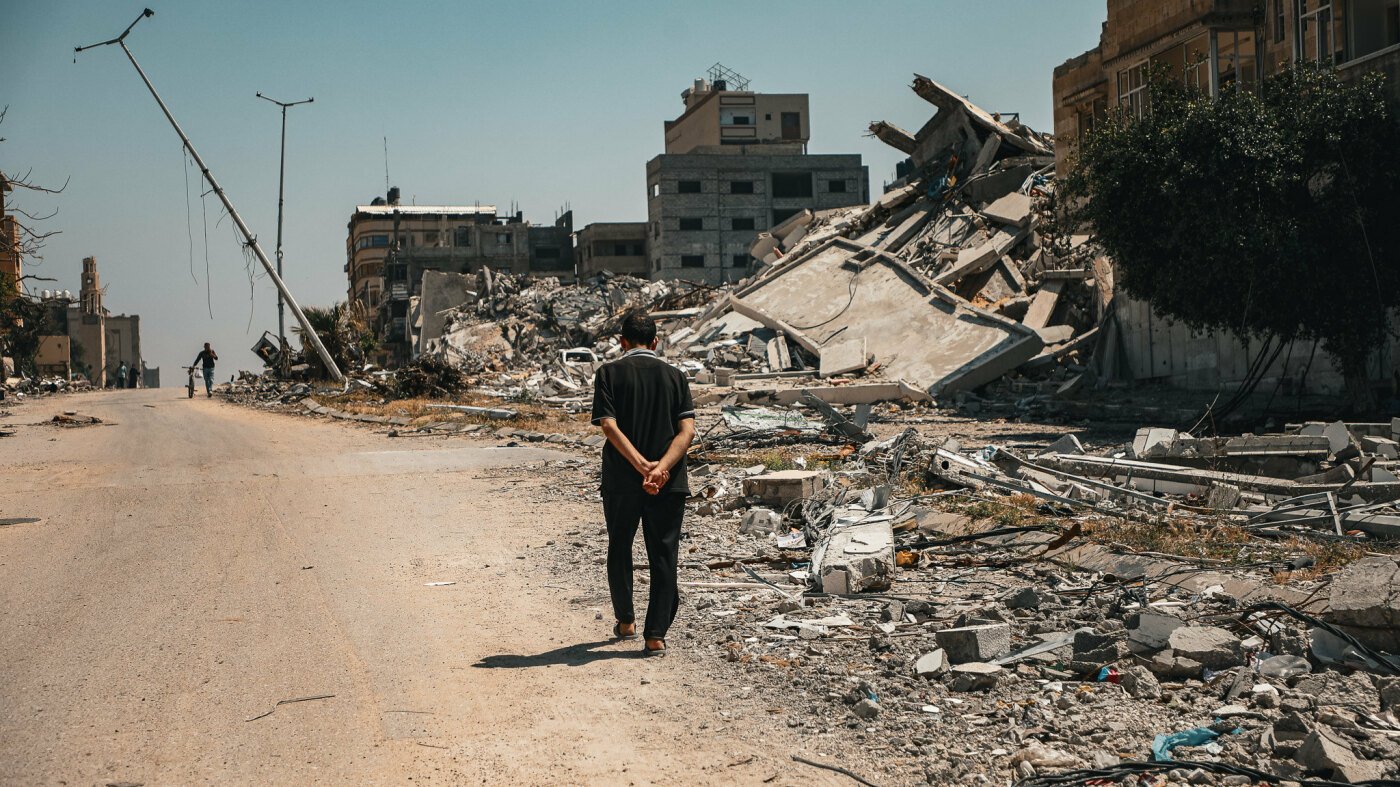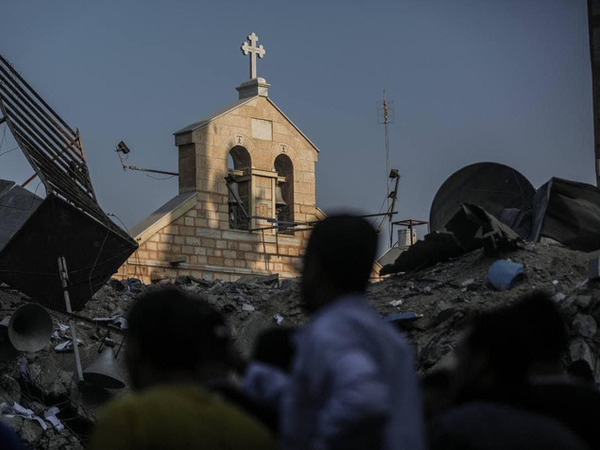Helping Palestine through Caritas
30 May 2025

The current conflict in the Holy Land has stretched the Caritas network's ability to respond like no other.
Following nine weeks of total blockade, Israel has proposed a highly restrictive aid distribution plan in Gaza, involving several “logistics and distribution hubs” secured by Israeli forces, where families would be ordered to collect food rations once or twice a month under military oversight, with screenings and security risks compounded by overcrowding and restrictions excluding northern Gaza. As of the 27th of May, this is now the only conduit of assistance into the strip.
Gaza’s medical rehabilitation system is at a breaking point – overwhelmed by traumatic injuries, damaged infrastructure, and severe shortages of specialists, supplies, and equipment – leaving persons with disabilities and other vulnerable groups without essential care.
The conflict has severely disrupted education across the West Bank, including East Jerusalem. Approximately 782,000 students face challenges due to movement restrictions, increased violence, and fear of harassment from Israeli settlers and forces. In early May, Israeli authorities permanently shut down six UNRWA-run schools in East Jerusalem.
Approximately 40,000 Palestinians have been forcibly displaced from areas including Jenin, Tulkarem, and Nur Shams, marking the largest such movement since 1967.
SCIAF have been supporting the people who need it most with our partners in Palestine through the Caritas network.
How have Caritas responded?
Emergency Health Services
Caritas in Gaza continues to prioritize emergency health services in areas severely impacted by conflict and infrastructure destruction. Four specialized medical teams are actively deployed to provide a broad range of services, including the treatment of common illnesses, chronic diseases, maternal and child healthcare, and elderly care. Medical supplies and medications are being received through the World Health Organization (WHO). But as our colleagues in the region report, medicine without food and water is meaningless.
Mental Health and Psychosocial Support (MHPSS)
The mental health and psychosocial needs of the population are profound, particularly in Gaza and the Middle Governorate. Caritas has expanded its MHPSS programs to better address trauma, stress, and grief, with a focus on children, caregivers, and displaced families. Group and individual psychosocial support sessions are regularly conducted, along with therapeutic activities play therapy, which help children and adults process their emotions in a safe, supportive environment.
Multipurpose Cash Assistance (MPCA)
Caritas continues to provide MPCA to families facing extreme hardship but due to the ongoing economic difficulties and high market prices, food remains difficult to find in local markets, and what is available is often priced at unsustainable levels.
Although the guns have largely fallen silent in Lebanon, the violence has caused widespread displacement and suffering affecting communities nationwide. In response, Caritas Lebanon scaled up its efforts to provide critical support, assisting internally displaced persons and those who refuse to leave high-risk areas, ensuring that vulnerable communities receive the help they urgently need. As in Gaza, Caritas Lebanon continues to operate Primary Health Care Centers, Mobile Medical Units, and more than 30 social service/community centers across the country.
Holy Land Crisis Appeal

We must act now to lend our voices to those seeking a peaceful and just future for all in Israel and the Occupied Palestinian Territories.

The humanitarian catastrophe in Gaza may have drifted slightly from our television screens, but the suffering has in no way dissipated.

A Gazan priest who visited Glasgow last year has spoken of his cherished nightly calls with the Holy Father.
Back to